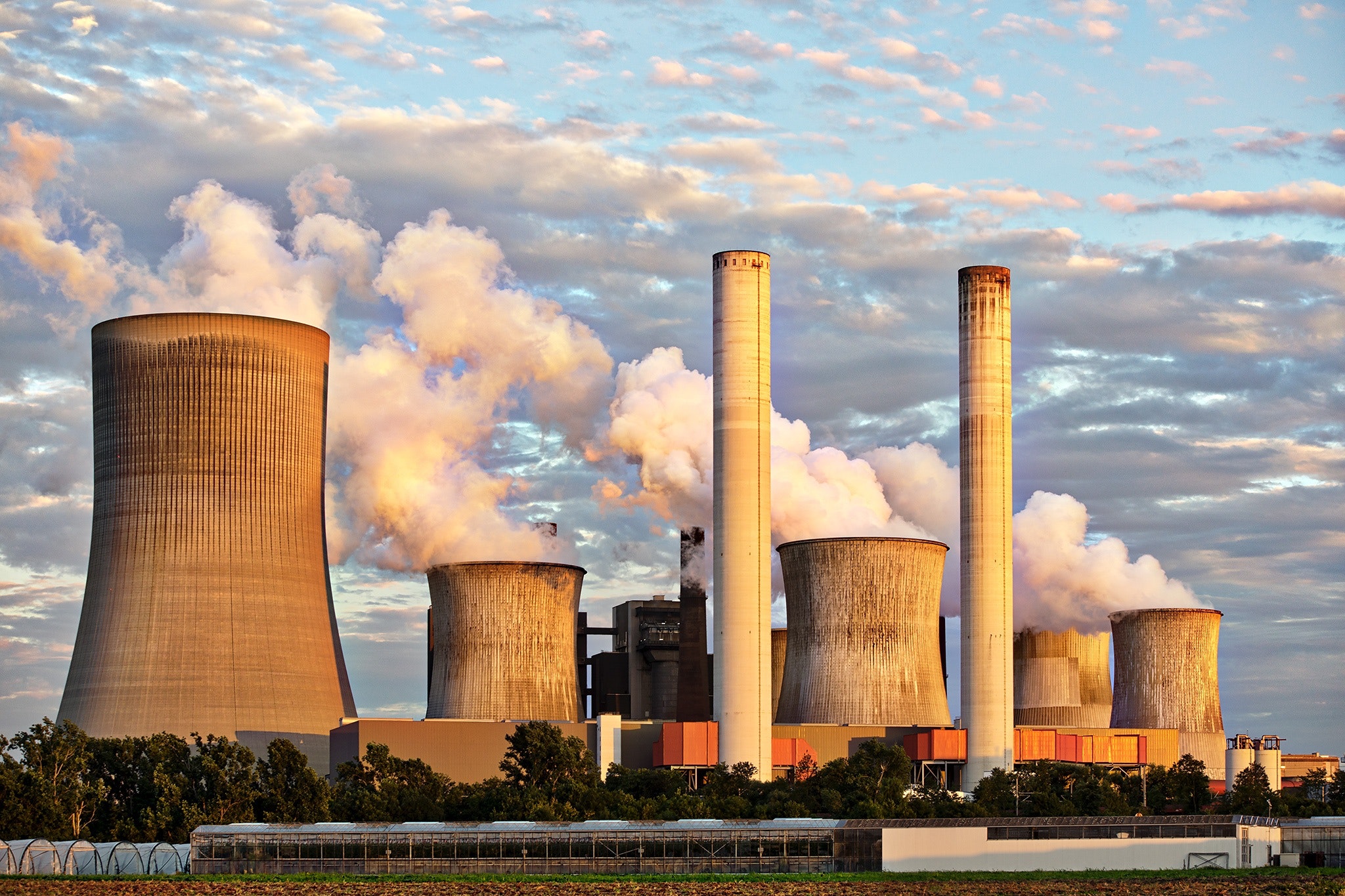Green groups urge end to LNG expansion to stop 'climate chaos'
Experts say oil and gas companies risk creating stranded assets, especially in low- and medium-income countries keen to use fossil fuels to earn export revenues. Currently, 65% of the world's new gas-fired power capacity is being built in Asia, and financing for gas is almost double the amount available for renewable projects, the Philippines-based Center for Energy, Ecology and Development (CEED) said on the sidelines of COP28.

Environmental groups urged countries gathered at the COP28 climate summit in Dubai on Friday to stop support for expansion of the global trade in liquefied natural gas (LNG), saying the industry was undermining efforts to contain global warming. More than 250 environmental and community groups called on U.S. President Joe Biden's administration in an open letter to stop permitting LNG facilities.
At the same time, activists gathered on the grounds of the summit in Dubai holding signs urging the world to "stop exporting climate chaos" and to "break the chains" of global LNG supplies. "There is nothing natural about natural gas: it should be called liquefied methane gas," Roishetta Ozane an activist from Louisiana, said at the protest.
"We urge the Biden administration to publicly commit during COP to no further regulatory, financial, or diplomatic support for LNG in the United States or anywhere in the world," the letter to Biden from environmental groups said. One of the toughest issues the talks must tackle is a division between countries on whether to phase out fossil fuels.
Many countries, including the United States and members of the European Union, have increased their LNG trade since Moscow's invasion of Ukraine last year led to a halt in much of Russia's pipeline gas shipments. Although less carbon-intensive than coal, gas has a big climate impact, especially when supercooled to make it a liquid for shipment, then regasified for use.
Carbon dioxide emissions from U.S. LNG facilities have risen by 81% since 2019, according to government data, amounting to the climate impact of several big coal-fired power plants. Gas use also has a byproduct in the form of the powerful greenhouse gas methane, which can leak during the production process.
In Dubai, 50 major energy companies signed a "decarbonisation charter" committing them to net zero emissions by 2050 and to ending routine methane flaring by 2030, but they made no commitment to slow the development of new projects. "It is absolutely hypocritical for our leaders to be here talking about tackling methane when we see this tremendous increase in investment in gas and LNG projects," said Tzeporah Berman, chair of the Fossil Fuel Non-Proliferation Initiative.
The UAE host of COP28 was accused in media reports of using the climate talks to discuss possible natural gas and other commercial deals. COP President Sultan al-Jaber vehemently denied the claim. DANGEROUS DETOUR?
Environmental think tank Urgewald said 1,023 companies around the world plan new LNG terminals, pipelines or gas-fired power plants. Experts say oil and gas companies risk creating stranded assets, especially in low- and medium-income countries keen to use fossil fuels to earn export revenues.
Currently, 65% of the world's new gas-fired power capacity is being built in Asia, and financing for gas is almost double the amount available for renewable projects, the Philippines-based Center for Energy, Ecology and Development (CEED) said on the sidelines of COP28. "In the last decade, civil society fought tooth and nail to derail coal expansion," said Gerry Arances, CEED's executive director. "Unfortunately there is a massive detour in Southeast Asia with the LNG expansion."
At least 165 financial institutions have provided $60.5 billion to finance the construction and operation of gas-related projects in the region, compared to $31.8 billion for renewables, CEED said, even though 56 of those institutions had signed net-zero initiatives. Gas industry executives attending COP28 said that with controls on CO2 and methane, natural gas could still serve as a back-up energy supplier during the transition to cleaner, but intermittent sources of energy like solar and wind.
For China, where natural gas production is forecast to increase by 10 billion cubic metres this year, gas is a way to tackle the pressing problem of urban air pollution caused by coal use. In an action plan published on Thursday, China identified cleaner burning natural gas as a solution to China's smog problems.
(This story has not been edited by Devdiscourse staff and is auto-generated from a syndicated feed.)
ALSO READ
Devastating Overnight Assaults on Kharkiv and Kyiv by Russia
North Korea Prepares Satellite Launch with Russian Aid
North Korean Military Movements: Troops Deployed to Russia's Frontline
Overnight Drone Defense: Russia Thwarts Ukrainian Threats
Destruction and Resilience: Russia's Overnight Assaults










